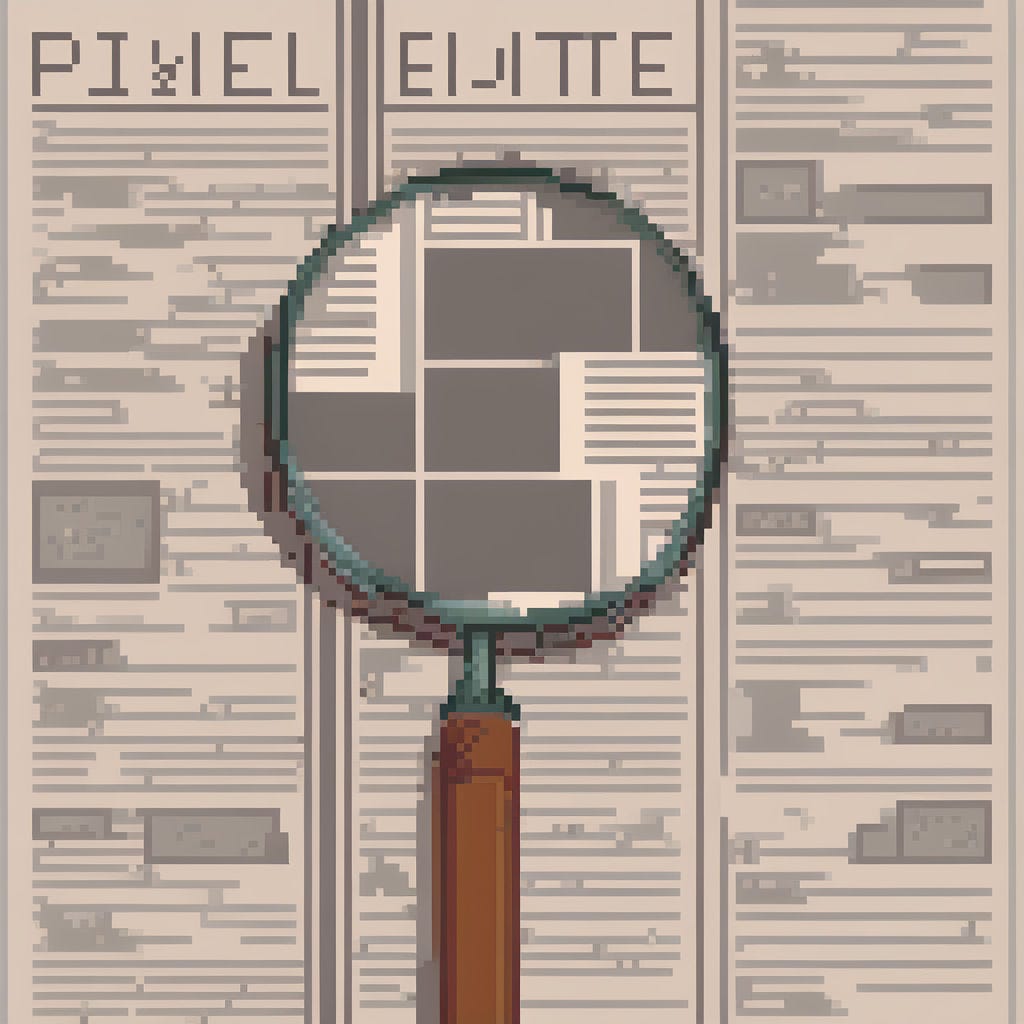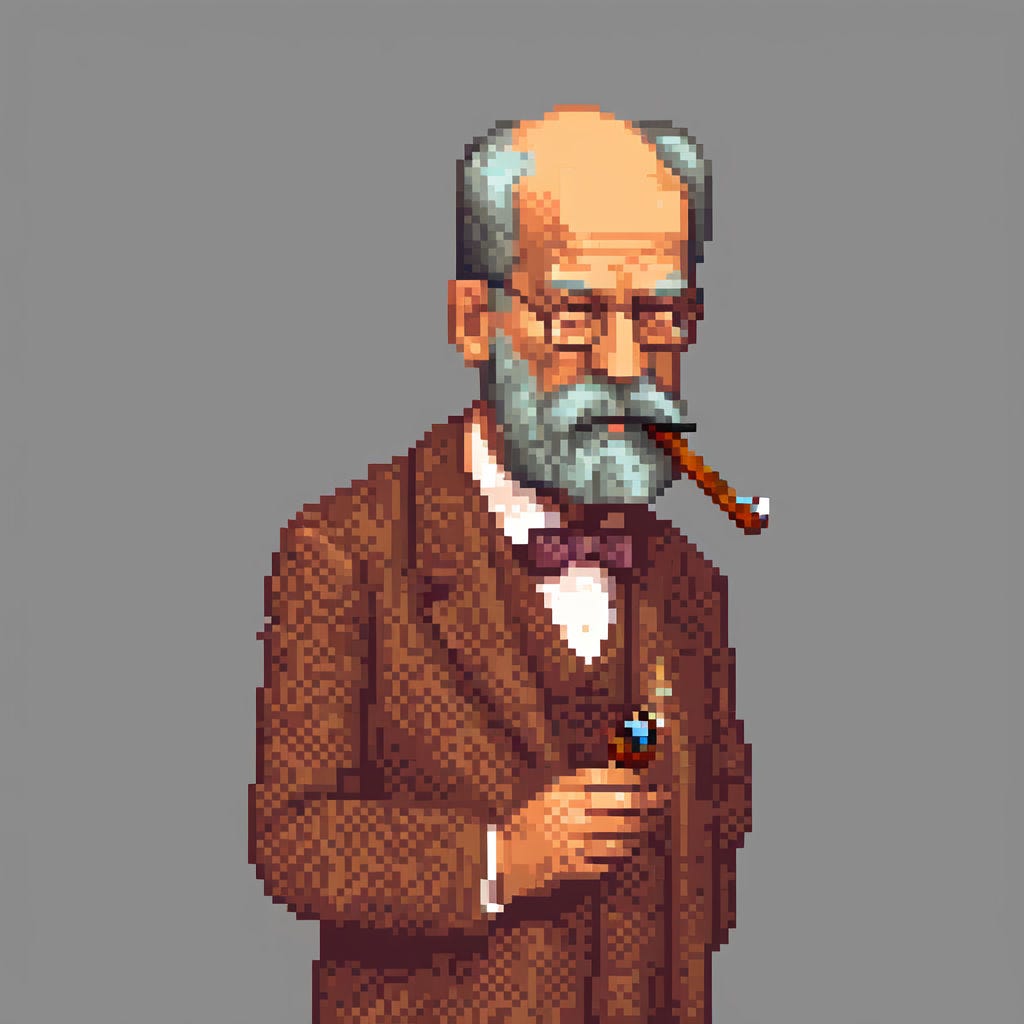Supporting Your Claims
Proof vs. Evidence
Hello Gorgias! is a weekly newsletter devoted to writing, rhetoric, and long-form argument. If you’re enjoying my posts, please consider becoming a subscriber.
In previous posts, I’ve argued that:
Genres respond to recurring situations and are defined by what they do.1
Theory is a genre of writing.
But I left an important question unanswered: what is the recurring situation that elicits a response in the form of the theory?
There are many genres someone could use to present an idea: letters, commercials, petitions, graffiti, performance art, or fiction are all options. Why do writers turn to theory? And why do they present these theories as long-form arguments?
The point of asking these questions isn’t to come up with a definitive answer. It’s to get you thinking about genre in the context of your own work. Why is writing theory the best or only way for you to communicate your idea or concept?
The answer is going to be different for every person. In fact, it’s probably going to different for every project. But asking these questions is a good way to start thinking about the relationship between your method and methodology, as well as how you’re supporting your claims.
Proof vs. Evidence
One reason I turn to theory as a genre has to do with how I think about the difference between proof and evidence.
Proof is definite. It establishes something beyond any reasonable doubt.
Evidence is suggestive. You gather evidence in support of a conclusion, but there’s still a degree of uncertainty.
In my mind, they’re weighed differently. Proof is something you either have or you don’t, while evidence is open to interpretation, evaluated according to the context, and judged by its merits.
Put simply, evidence is something reasonable and informed people can disagree about. Proof is not.
I think this distinction offers an interesting way to think about theory. As a genre of writing, critical theory responds to aspects of human experience that are real, true, or even essential, but can’t be definitively proven.
And to be clear, I’m not talking about science, which often deals with things that haven’t been proven yet. I’m talking about things that are completely incompatible with concepts like “proof” or “certainty.”
You Can’t Prove the Unconscious
My favorite example comes from psychoanalysis. According to some theorists, when people acquire language, they experience a split between the part of themselves that can be expressed in words and the part that is irreducible to language. Freud’s name for the latter is “the unconscious.”
The unconscious is the space within each of us that we can’t reach or describe with words. Since it exceeds language, it cannot be measured, quantified, or objectively verified. It doesn’t show up on a CAT scan because it’s not a region of the brain. It’s an ontological side effect of language — a universal experience of self-alienation that comes from being unable to fully describe or comprehend ourselves in words.
This means we can’t prove the unconscious exists. We can only infer that it exists from the effect has on people, especially in moments where language breaks down. In other words, we know it exists because people frequently surprise or sabotage themselves saying and doing things they either can’t explain or aren’t aware of.
If Freud can’t prove the unconscious, how does he advance his theory? He presents the evidence he’s gathered: clinical observations, case studies, personal anecdotes, even his own dreams. He ends up successfully persuading a lot of people, in part because he is writing as a medical professional. But I’m not sure he actually proves anything.
And to be clear, I don’t mean that as a bad thing. Freud is working with areas of human experience that can’t be systematized or measured. The qualities that make Freud’s theory interesting, useful and generative are the exact same qualities that are incompatible with the very concept of proof.2
I can’t prove something is uncanny, for example. I can only theorize the experience and hope it resonates with what others have experienced.
Why Theory? Why Long-Form Argument?
This brings us back to the question of why people turn to theory and long-form argument.
When it comes to the first part of this question, Freud helps illustrate how critical theory often deals with things that can’t be measured or quantified: the sublime, the uncanny, the unassimable. We’re often trying to describe experiences or phenomenon we don’t currently have the language to describe.
And if we ever do reach that elusive gold standard that I’ve been calling “definitive proof,” the work we’re doing ceases to be “theory” and becomes something else entirely.
This creates a dilemma for theorists. On one hand, we’re dealing with ideas, concepts, and experiences that can’t be definitively proven. On the other hand, we still need some way to test and demonstrate the validity of our theories.
So, we have to do what Freud did. We have to present the best evidence we’ve got as persuasively as we can. Which brings us back to the second part of my original question: why do some theorists turn to long-form argument?
Long-form argument allows writers to gather and present evidence in support of a conclusion that is essential to understanding human experience, but can’t be definitively proven. Theory fiction, poetry, and performance art (all other ways of “doing” theory) can explain concepts, make an impression, or present an argument, but they’re generally not centering evidence the way that long-form argument does.
Next week, I’m going to describe how to find and evaluate different kinds of evidence, then offer strategies for incorporating them into your theoretical work.
Good luck with your writing!
I gave Carolyn R. Miller’s example of the eulogy, which emerged from the recurring need to acknowledge, celebrate, and mourn loved ones who have died. Eulogies vary widely in form and content, but they’re recognizable as a genre because they have a consistent social function.
To be fair, they’re also the same qualities that allow Freud’s theories to be taken up as pseudoscience or superstition, which is all the more reason to insist on the importance of credible evidence.



